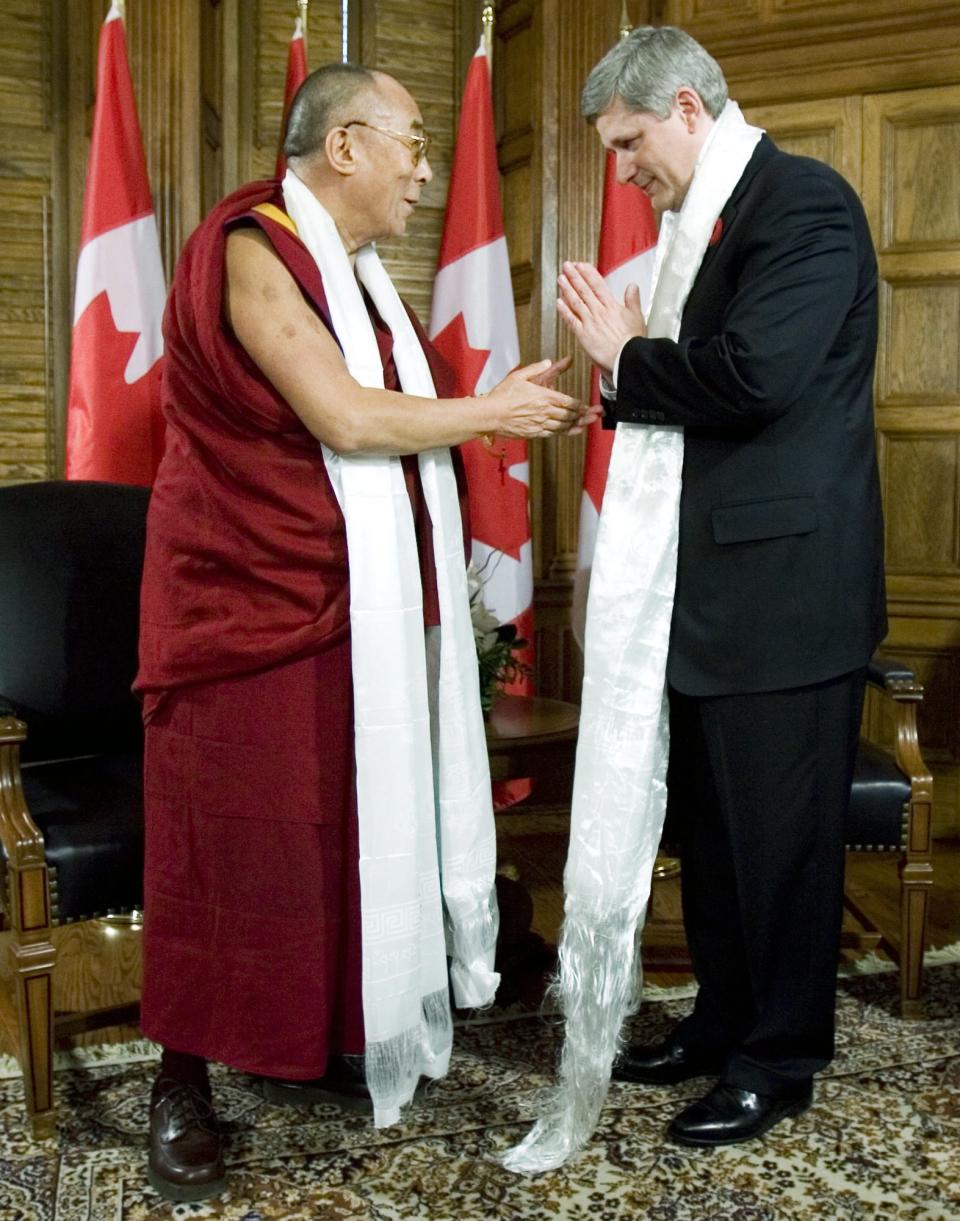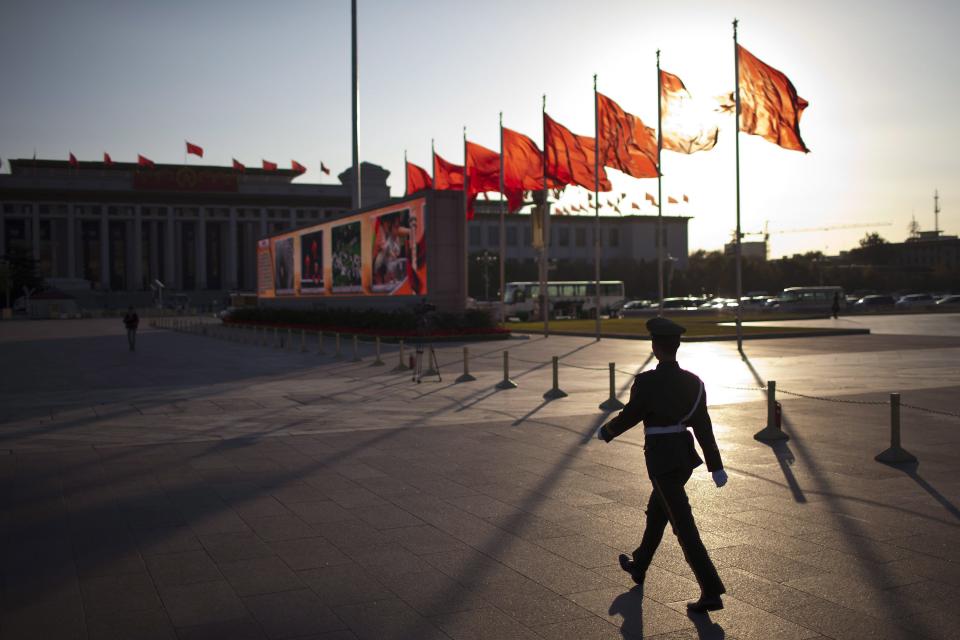Canada's relationship with China takes one step forward, two steps back
Canada has had a love-hate relationship with China since before Confederation.
Chinese labourers were brought to Canada as indentured servants in the 19th Century and the Canadian government followed closely on Britain’s heels in its often-unpleasant dealings with China past the turn of the century. Allies in World War II, relations dropped off with the rise of Mao Zedong. After the Cultural Revolution of 1949, and the Korean War a year later, Canada took 20 years to recognize the new communist regime, when the first Prime Minister Trudeau was eager to exploit the Asian markets and led the West in the process of establishing trade relations with China.

Since 1970, the Sino-Canadian relationship has been a slowly evolving affair, with several high-profile incidents and issues threatening to pitch the wary diplomatic journey off the rails. The arrest of Huawei executive Meng Wanzhou and the retaliatory detainment in China of Canadians living there is the latest struggle the two nations have had in attempting to bridge ideological, economic, cultural and moral gaps.
Here are three of the more serious conflicts in recent times that have set back diplomacy between the two nations:

2017-18 – Justin Trudeau’s trade agenda
THE ISSUE: Determined to develop strong ties with China when he came to power, the younger Trudeau floated notions of a China-Canada free trade accord that enthralled businesses in this country and the Beijing government. However, things quickly went sour when Trudeau’s plan included a host of decidedly un-Chinese-like caveats, such as gender equality in the workforce, environmental protections and labour concessions as well as health and safety standards. Relations took another dip after Canada protested the death of Nobel Peace Prize laureate Liu Xiaobo while in government custody and yet further when Trudeau cancelled the sale of Toronto-based construction firm Aecon Group Inc. to Chinese interests.
THE RESULT: China has been wary of the current government in Ottawa from almost the beginning, but with the election of Donald Trump, both nations began to rub their collective hands in anticipation of working to rebuild relations in spite of the U.S. president’s policies and tariffs. Free trade talk was resurrected this past summer, and despite concerns over cyber-espionage and the planting of pro-China lobbyists in Ottawa, there was optimism — until the arrest of Meng last week in Vancouver.

2006 – Stephen Harper and the Dalai Lama
THE ISSUE: After Harper was elected he nobly set about distancing Canada from relations with non-democratic powers and made a strong stand against those countries who were human rights abusers, with a specific nod to China. Harper accused China of commercial espionage and numerous devious business practices. But the most problematic act for the Chinese by Harper was the recognition of, and meeting with the Dalai Lama, the outlawed spiritual leader of Tibet. Harper’s government even took the rare step of making the Dalai Lama an honorary Canadian citizen, infuriating Beijing. In the same year, Canada bolstered its relations with Taiwan and delayed a planned meeting of foreign ministers, which cooled matters further.
THE RESULT: In Nov. 2006, the Chinese leadership initially backed out of formal meetings with Harper and his delegation at the APEC Summit, but opted instead for a shorter session alone with President Hu Jintao. Harper made a symbolic gesture when he opted to skip the opening ceremonies of the Beijing Olympics as a protest against continued human rights abuses in China. Relations improved with the recession of 2008, however, as the Harper government was forced to take a more conciliatory approach with the Asian power to bolster economic growth at home.

1989 – Tiananmen Square Massacre
THE ISSUE: Following successful trade missions under Pierre Trudeau with China subsequently becoming one of the largest consumers of Canadian wheat and other agricultural products, Prime Minister Brian Mulroney built on the Sino-Canadian trade structure with multiple business contracts signed and many Chinese firms opening operations in Canada. This all came to an abrupt halt when Chinese peaceful protesters were mowed down by the military June 4, 1989 in Tiananmen Square.
THE RESULT: The footage from the incident that left more than 1,000 dead outraged the world, and Canada immediately closed off all contact with the Chinese government, as did many other nations. The backlash against the massacre led to the Beijing government to make certain reforms under Deng Xiao Ping, and by the mid-1990s, the country began growing at a spectacular rate. Canada resumed relations under Jean Chretien when he took his Team Canada mission to the country to take advantage of the ballooning Chinese economy.


